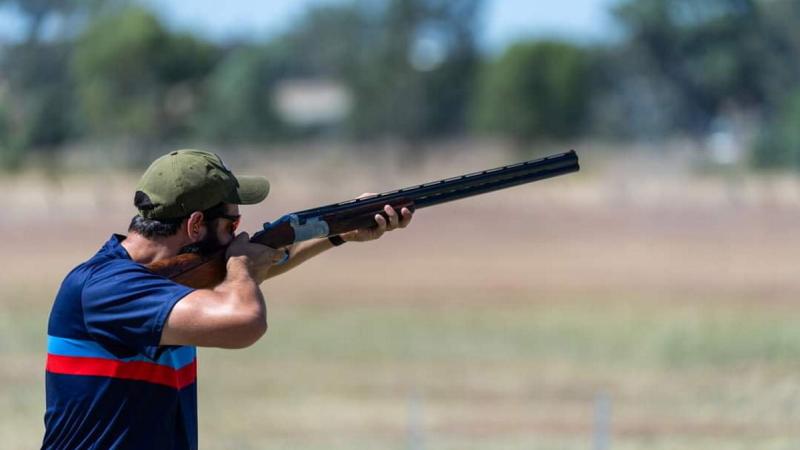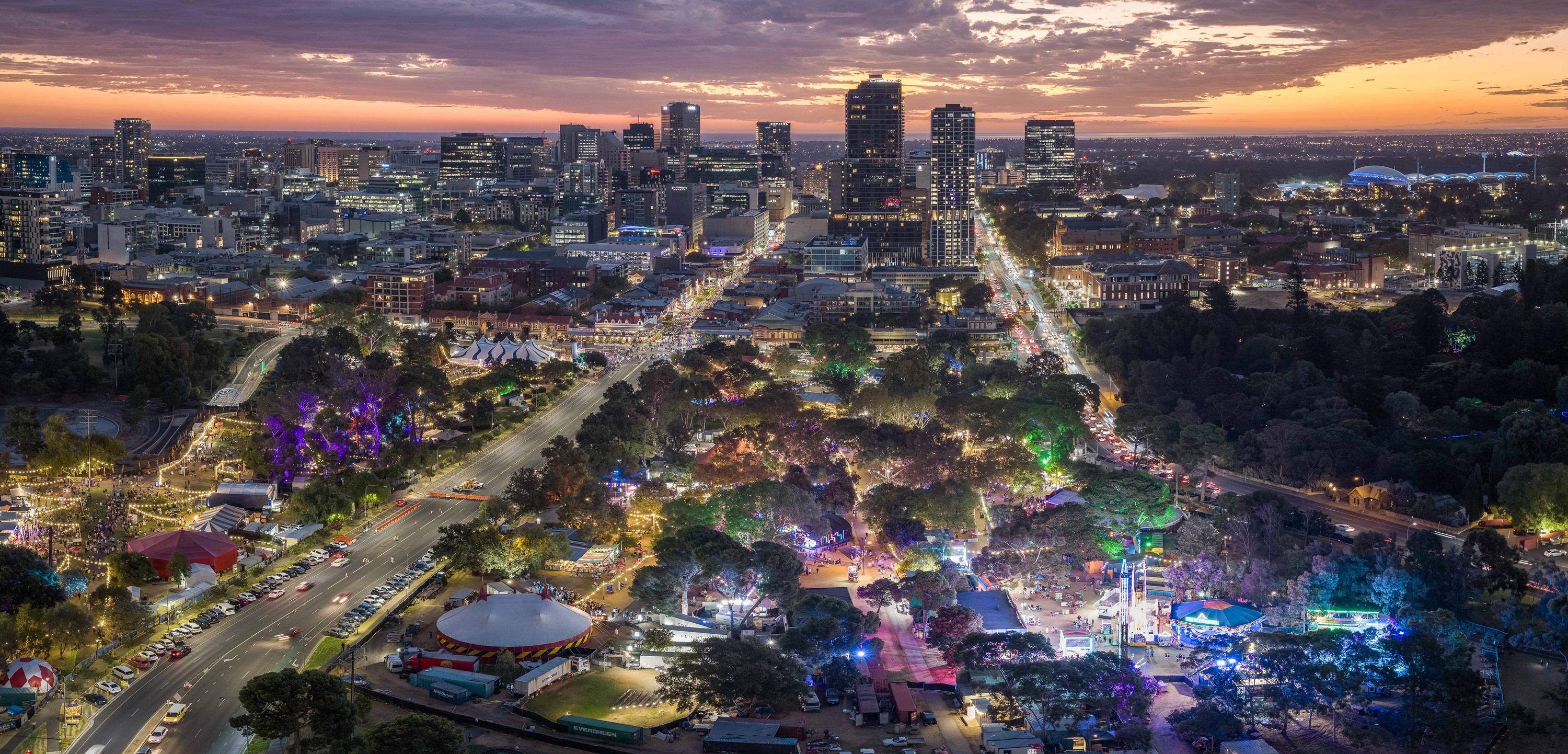The Australian Federal Police champions the need to listen and learn from victims of human trafficking and modern slavery in seeking justice and calls on the public not to turn a blind eye to the signs of these crimes.
Victims are at the heart of the AFP’s response to Human Trafficking and Modern Slavery; and the AFP is are committed to helping every victim achieve their desired outcome.
In a Victim Impact Statement provided to the court following the conviction of a Sydney man in March of this year, a victim of exit trafficking told of the severe impact on her life and her young daughter.
“Because of his actions, I live in constant fear and stress knowing the lengths he will go to find us and harm us. This fear and stress impacts my physical, emotional and mental health,” she said.
“Because of his actions and threats, I am constantly worried about my daughter. I worry about this every day. I am always thinking about how to keep my daughter safe. This is very stressful for me. Ordinary things like going out to the shops or to the park has become more difficult because I fear for our safety.”
AFP Assistant Commissioner Northern Command Lesa Gale said human trafficking is happening right here in Australia in 2021.
“Human trafficking, debt bondage, servitude and other forms of exploitation and slavery are not a thing of the past that only happen on the TV, it happens right here in our own backyard, often in plain sight.
“People subjected to human trafficking and slavery like offences suffer the most heinous treatment including; physical, psychological and sexual assaults, deprivation of food, money and breaches of basic human rights and freedoms.”
“Due to the actions of the AFP and our partners thirty people have been convicted of human trafficking offences in Australia since the criminalisation of human trafficking and slavery like practices in 2014,” Assistant Commissioner Gale said.
In particular this year has seen significant landmark outcomes; earlier this month, a 53-year-old woman and a 57-year-old man received jail sentences after being convicted of keeping a woman in forced labour at their Mount Waverley home for nearly nine years.
The court heard the couple kept the Indian women in squalid conditions where she was forced to cook, clean, and care for the couple’s children over an eight-year period before she collapsed and was taken to hospital, weighing just 40 kilograms.
On June 25 2021, a 39-year-old woman and a 47-year-old man were sentenced to imprisonment for slavery like offences after keeping a woman in forced labour at their Sydney home and business over three years.
ABF Group Manager Customs, Vanessa Holben said victims and survivors are at the centre of the Government’s response to modern slavery.
“The Government provides a dedicated Support for Trafficked People Program, and a visa framework that enables suspected victims and survivors of modern slavery to remain lawfully in Australia to receive support and assist with criminal investigations.”
“Our work under the National Action Plan to Combat Modern Slavery 2020-25 is guided by the principle that the voices of victims and survivors, particularly women and children, inform our responses to modern slavery,” says Ms Holben. “We look forward to developing a Victim and Survivor Engagement and Empowerment Strategy to further embed victims’ and survivors’ voices.”
In the 2020-21 financial year, the AFP received 224 reports of modern slavery, including:
- 79 reports of forced marriage,
- 42 reports of sexual servitude and exploitation,
- 35 reports of forced labour,
- 28 reports of trafficking in persons,
- 15 reports of domestic servitude,
- two reports of deceptive recruiting,
- twelve of trafficking in children,
- four of debt bondage,
- six reports of slavery.
In March this year, AFP Commissioner Reece Kershaw APM led the signing of all Australian Police Commissioner’s to the National Policing Protocol to Combat Human Trafficking and Modern Slavery. This agreement commits all Australian Police Services to a national framework to combat all forms of human trafficking and slavery and represents unified partnerships to Australia’s fight against trafficking in persons across all police jurisdictions.
The general public has an important role to play and anyone can come across indicators of modern slavery and human trafficking, which include:
- appearing to be under the control of someone else and reluctant to interact with others,
- not having access to personal identification,
- appearing frightened, withdrawn, or showing signs of physical or psychological abuse,
- being dropped off and collected for work always in the same way, especially at unusual times, i.e. very early or late at night.
If you suspect that you or another person is experiencing, or at risk of, modern slavery or human trafficking, call 131 AFP (237) or use the AFP’s confidential online form. If you have immediate concerns for your safety, the safety of another person, or there is an emergency, dial Triple Zero (000).
Join the conversation online by using the hashtags #EndHumanTrafficking.








